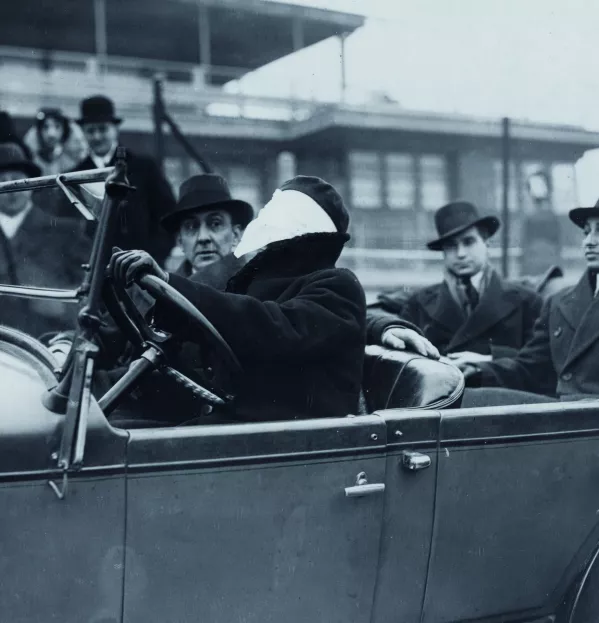Robert Hare never meant for his test to escape the laboratory. Eventually, though, he was persuaded that his series of questions that had been designed to spot a psychopath should be available to all and, soon after, his Psychopathy Checklist became a staple of the US judiciary system.
Its appeal was clear: it appeared to offer certainty that the “right” people would remain incarcerated. But can a single test ever offer such solidity of conviction?
There’s no doubt we wish it could. Humans aren’t good with uncertainty: research has shown that the possibility of bad news can be more stressful than bad news itself.
So, in an uncertain world, we constantly seek out certainty as a self-protection mechanism. Bias helps us here. Trump supporter? Over there, sir, I now know more than enough about you.
Of course, this is highly problematic. As is often said in SEND circles, if you know one thing about a person, then all you know is that one thing. And discrimination and prejudice thrive in such a context - a pursuit of certainty can be an ugly business.
So, the prospect of a test that can cut through all of that, that can be a reliable route to the “known” - that’s a sought-after find.
Some schools believe they have their own collection of such tests.
Teachers will face an astonishing level of uncertainty come September. Many pupils will not have stepped inside a school for six months; a few will not have had any contact at all with school for that long. How those children will react to being back in a classroom and what issues may have arisen during the pandemic is a huge unknown.
Meanwhile, the already potholed transition from primary to secondary has been pretty much annihilated. In more normal times, secondary teachers say that the only real “known” they have about new students is their Sats results, which they trust about as much as a government promise that there will be no U-turn on a given policy. This year, schools don’t even have those.
In the face of these twin challenges, many schools plan to use diagnostic tests that appear to be an excellent way to make the invisible visible.
For pastoral concerns, there are products that claim to be able to assess students, ranking them for the potential support they may need. And in academic terms, the majority of secondary schools already use external, standardised benchmarking tests in Year 7 - which are set to be even more popular than usual.
Like the Hare test, the offer here is of certainty. But again, is it really possible?
The short answer is no. But that does not mean the tests are not useful.
Take the psychopath test. Hare and others have stressed that it needs to be conducted by a highly trained psychologist who has also been trained in the use of the test. Critics have questioned its reliability and whether it is really any better than guessing. And journalists have pointed out that professionals hired by the defence or the prosecution differed in their conclusions from the test in exactly the way you would expect.
But it is still a useful waymarker if used correctly. That means recognising that the test can be misused, that it is an interpretive act and that it’s just one bit of information that should be used among many.
It’s the same for the tests that schools plan to use. But while teachers already know that these things are important, they are trapped in an education system that demands quick results and that we sort children to maximise the efficiency of grade gathering. The big question for leaders, then, is: how far will teachers be able instil the uncertainty of nuance in response to these tests when they inhabit a world that demands such certainty?
@jon_severs
This article originally appeared in the 21 August 2020 issue under the headline “Tests promise to illuminate the truth - but these are dark times”
